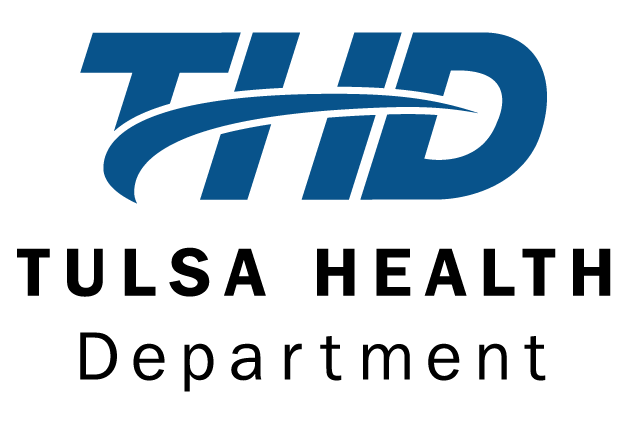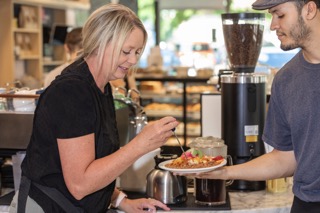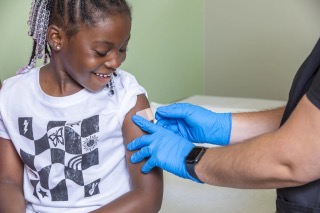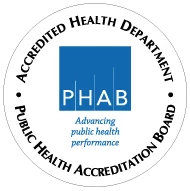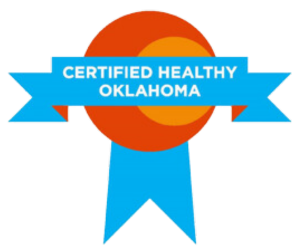In April, members of the Tulsa Board of Health along with senior leadership of the Tulsa Health Department attended a Getting Groceries Food Desert Tour in north Tulsa to experience firsthand the challenges associated with grocery shopping in the area.
The tour began at the North Regional Health and Wellness Center where tour facilitator Katie Plohocky of the Tulsa Food Security Council passed out green numbered folders to everyone in attendance. The numbers identified which “family” the attendee would be grouped in for the day.
Each attendee opened his or her folder to discover that some members of their assigned family had health problems ranging from high blood pressure to diabetes. The folders contained also important health and nutrition information including USDA recommended food guidelines for healthy eating.
Each family of four was instructed to purchase groceries for a nutritious breakfast, lunch and dinner that adhered to the guidelines for healthy eating. The family also had to take into account dietary recommendations for any diseases in the family, such as a low sodium diet for those with high blood pressure.
The family was given $17.79 to purchase their groceries, which is the average amount per day a family of four receives in the Supplemental Nutrition Assistance Program (SNAP).
The group then followed Katie to the bus stop across the street from the North Regional Health and Wellness Center to wait for the bus to arrive. However, they could not simply hop on the bus and ride directly to their destination of Gateway Market grocery store at Pine & Peoria less than three miles away because their bus was on a different route. Instead, they boarded a bus at the NRHWC and rode it to the downtown Denver Avenue station where they had mere minutes to catch a transfer bus which would take them to the grocery store.
At the grocery store, they found it challenging to purchase nutritious food for their family that fit within their budget and taking into consideration the logistics of transporting their groceries back on the bus. After one hour of grocery shopping, the tour attendees boarded another bus for the return trip which again took two buses and approximately 40 minutes from start to finish.
Upon arriving back at NRHWC each family presented their groceries to the group and explained their reasoning behind each purchase. Katie weighed in on the purchases and explained how some families made better choices than others. In closing, she thanked everyone for their time and encouraged attendees to support policy changes that improve transit and access to nutritious foods.
Everyone on the groceries tour agreed it was an extremely educational and informative experience. The board would like to commend Katie Plohocky and the Tulsa Food Security Council for their efforts to improve health and wellness, food security and quality of life for our community.
In May, Tulsa Transit modified the bus routes so that riders can now go from NRHWC to Gateway Market without first going downtown to change buses. Riders can now transfer at the Tisdale Clinic on 36th St. N. which is much more practical.
For more information or to schedule a groceries tour please contact Katie Plohocky at kplohocky@gmail.com.
What is a Food Desert?
A food desert is a district with little or no access to large grocery stores that offer fresh and affordable foods needed to maintain a healthy diet. Instead of such stores, these districts often contain many fast food restaurants and convenience stores. Food deserts disproportionately affect socially segregated groups in urban areas, specifically single mothers, children, and the elderly living in underprivileged urban neighborhoods. Families and individuals without a car are also at a higher disadvantage in terms of their access to healthy food in food deserts.
